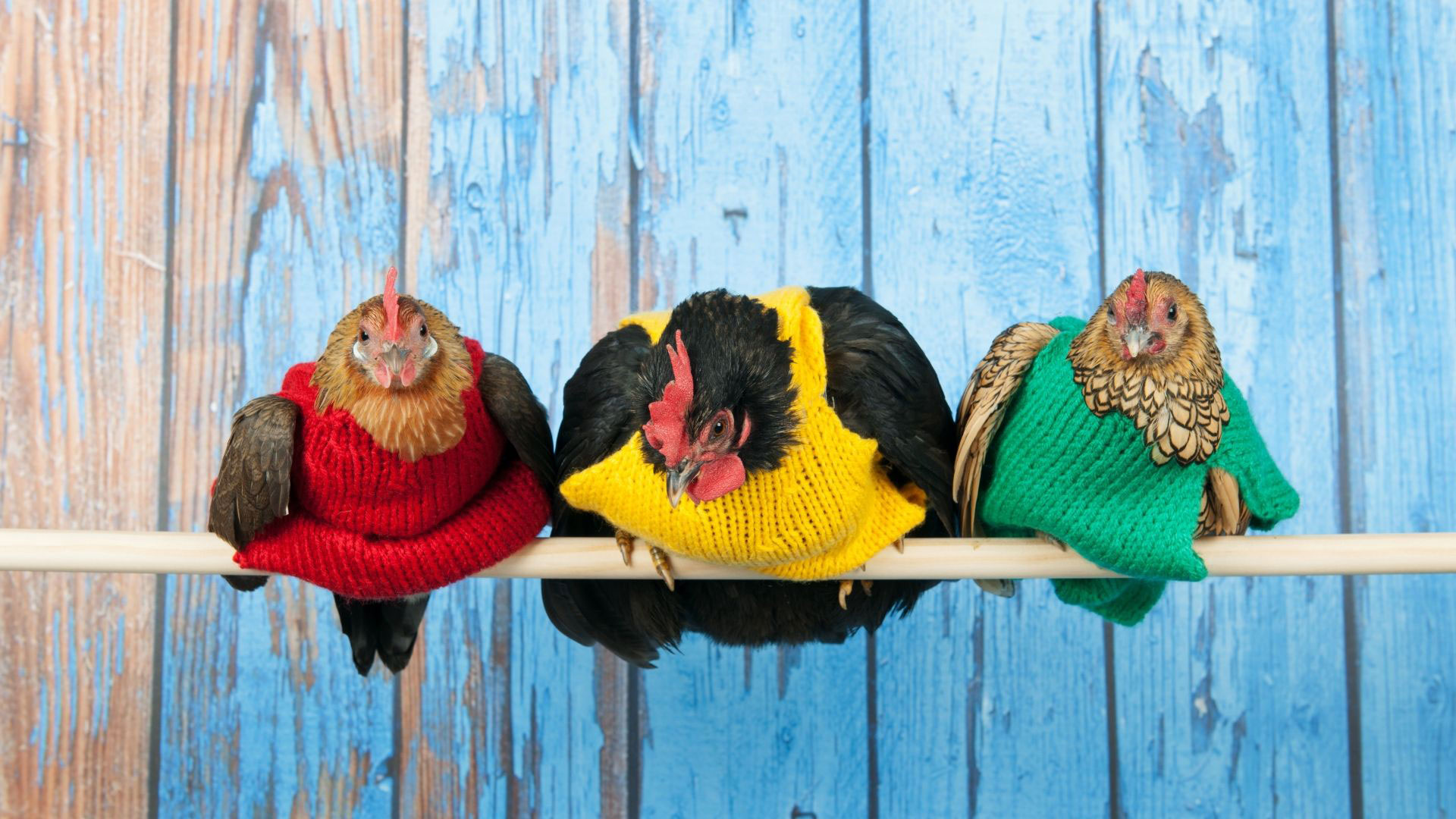Why Is My Chicken Losing Weight? Common Causes and Solutions
Why Is My Chicken Losing Weight? Common Causes and Solutions
If you’re a backyard chicken keeper, noticing one of your hens becoming skinny or underweight can be worrying—especially if you’re already offering them plenty of good-quality feed.
Chickens losing weight but still eating could be dealing with parasites like worms, stress from environmental changes, or even illnesses such as thrush or respiratory infections.
With simple checks and proactive steps, you can identify these issues and get your flock back to good health.
How to Tell if Your Chicken Is Losing Weight or Is Underweight
Chickens naturally vary in size, so spotting weight loss can be tricky if you don’t know what to look for.
Feathers often disguise changes in body condition, making regular handling an essential part of flock management.
Here’s how to check if your chicken is underweight:
- Feel the keel bone: The keel, a long bone running down the chicken’s underside, is an excellent indicator of weight. If the keel feels sharp and there’s little muscle on either side, your chicken may be underweight.
- Observe behaviour and appetite: A healthy hen is active, curious, and eats readily. A chicken losing weight might seem less energetic, isolate itself, or eat less despite access to food.
- Weigh your chickens regularly: Using scales to track weights can help detect gradual changes. For example, hens losing weight during stressful events like moulting or predator attacks may need extra care.
Why Is My Chicken Losing Weight
Firstly, if you have made changes to the chicken run, or improvements to the chicken diet, then weight loss may be a healthy by-product. If there have been no recent changes, then further investigations are necessary.
As mentioned above, we recommend recording weight, mainly when you make changes to the coop, change of seasons and any changes in feed.
Reasons for chicken weight loss:
1. Stress
Stress is a leading cause of weight loss in chickens. Environmental changes, predator encounters, or overcrowding can stress hens, reducing their appetite. Ensure your coop is safe, well-ventilated, and calm to keep stress levels low.
Read our Coop Management section for how to reduce stress in the coop.
2. Parasites
Intestinal worms and other parasites deplete chickens of nutrients, even if they’re eating well. Regularly worm your flock using natural or vet-recommended solutions to prevent parasites from taking hold.
Read more about parasites in chickens.
3. Chicken Thrush (Candidiasis)
Thrush irritates a chicken’s mouth and oesophagus, initially causing increased eating but later leading to weight loss. Early signs include white patches inside the beak and changes in eating habits.
4. Illness or Infection
Respiratory infections, viral diseases, or bacterial issues often result in chickens losing weight while showing other symptoms like diarrhoea or wheezing. Isolate sick birds and consult a vet if you notice signs of illness.
List of common illnesses in chickens.
5. Brooding Behaviour
Hens that are broody tend to stay in their nesting boxes and eat very little. While brooding is a natural behaviour, prolonged periods can lead to weight loss. Providing access to food and gently encouraging movement can help.
6. Increased Activity
If you’ve recently expanded your chicken run or changed their environment, your hens might be burning more calories than usual. Ensure they have free access to a complete layer pellet to maintain a healthy weight.
Make sure you use a good quality chicken feeder that prevents waste.
How to Help a Chicken Losing Weight
If your chicken is losing weight, follow these steps to restore its health:
- Check for parasites: Worm your chickens regularly to avoid parasite-related weight loss.
- Improve nutrition: Offer a balanced feed like layer pellets, and add healthy supplements such as probiotics to boost their immune system. You can try also offering protein rich treats like dried mealworms to your chickens.
- Treat infections promptly: Isolate and treat sick chickens if they show symptoms of illness.
- Reduce stress: Create a calm coop environment by limiting disturbances and ensuring adequate space for all birds.
- Monitor weight: Regularly handle and weigh your chickens to track their progress.
Frequently Asked Questions
Why is my chicken losing weight but eating?
Parasites, stress, or increased activity may cause a chicken to lose weight even if it’s eating. Addressing these factors can help maintain a healthy weight.
Why is my chicken so skinny?
A prominent keel bone and reduced muscle mass are signs your chicken may be underweight. Check for parasites, illness, or stress, and ensure they’re eating a balanced diet.
Do chickens lose weight when they’re broody?
Yes, broody hens often eat less and focus on sitting in their nesting box, which can lead to weight loss. Provide easy access to food and encourage them to eat.
How do I treat underweight chickens?
Start by identifying the cause—check for parasites, stress, or illness. Offer high-quality feed and supplements like probiotics to support their recovery.
What should I feed an underweight chicken?
Provide a complete layer pellet feed, and consider adding supplements like Salgard Feed Hygiene Liquid to protect against bacteria in their feed.
Final Thoughts on Underweight Chickens
If your chicken is losing weight, it’s essential to act quickly. By identifying the cause and making simple adjustments to their environment, nutrition, or care, you can help your hens return to full health
Keep handling your flock regularly, monitor their weight, and use preventive measures like worming to keep issues at bay.
A little proactive care goes a long way in ensuring your chickens thrive.
Related Articles




